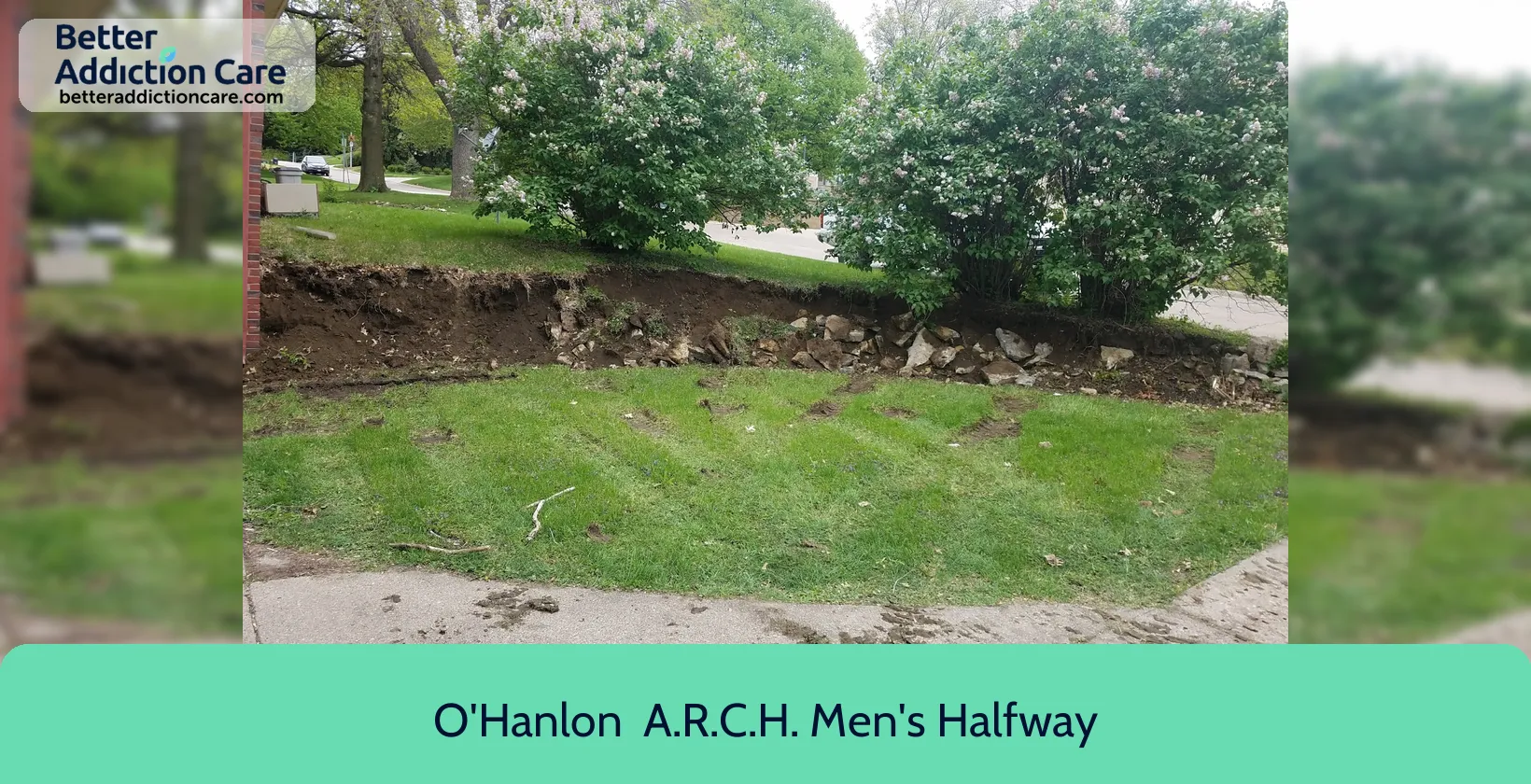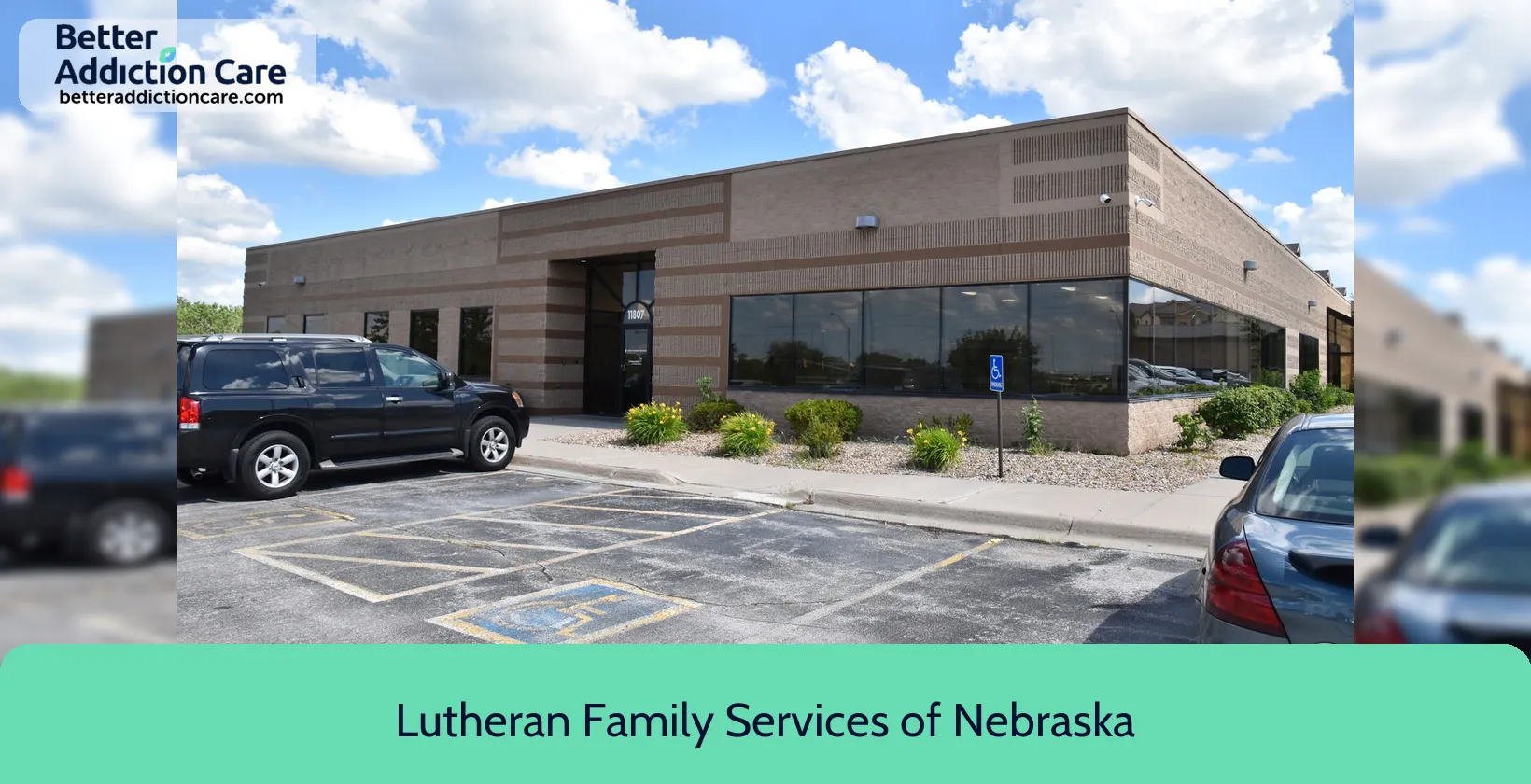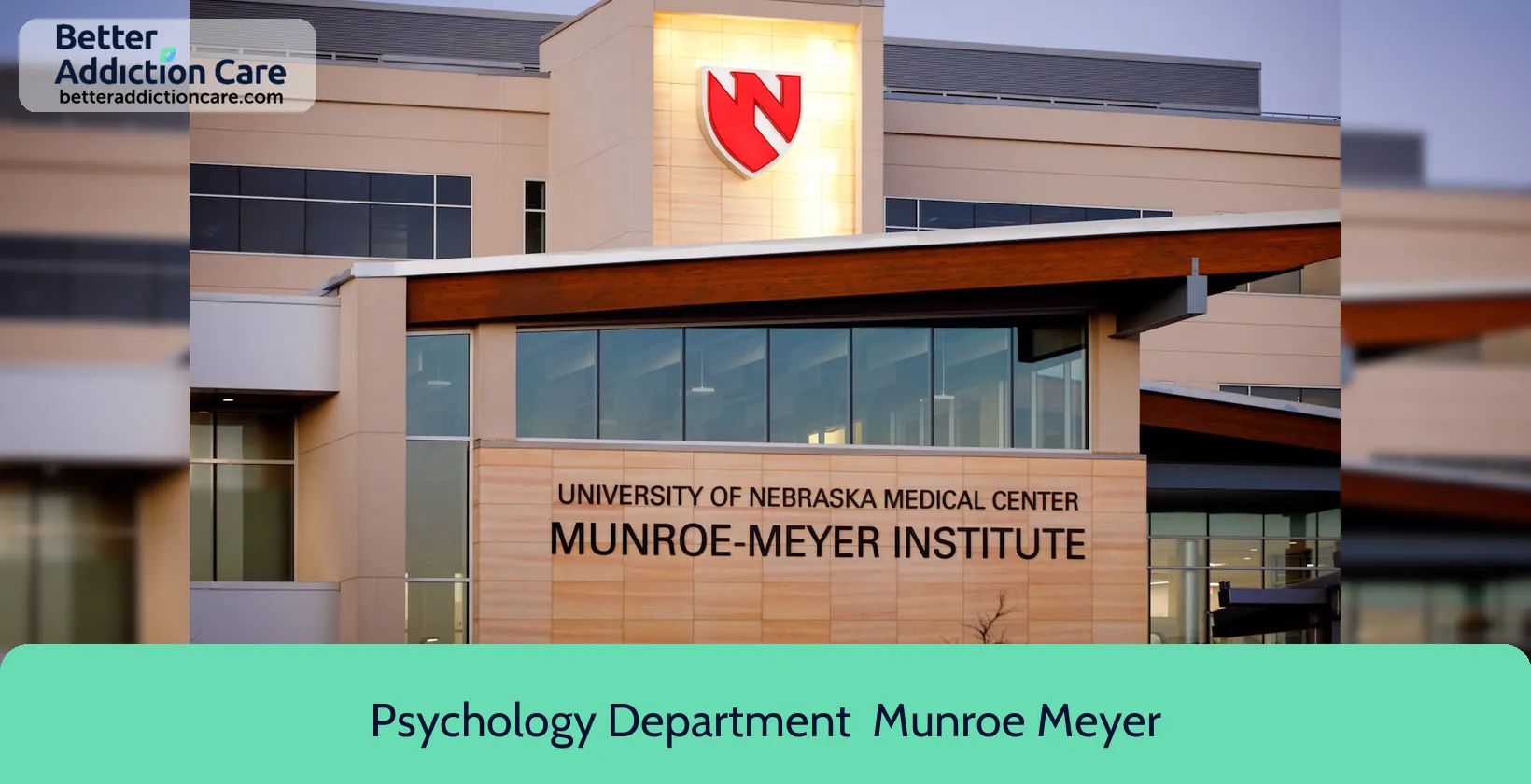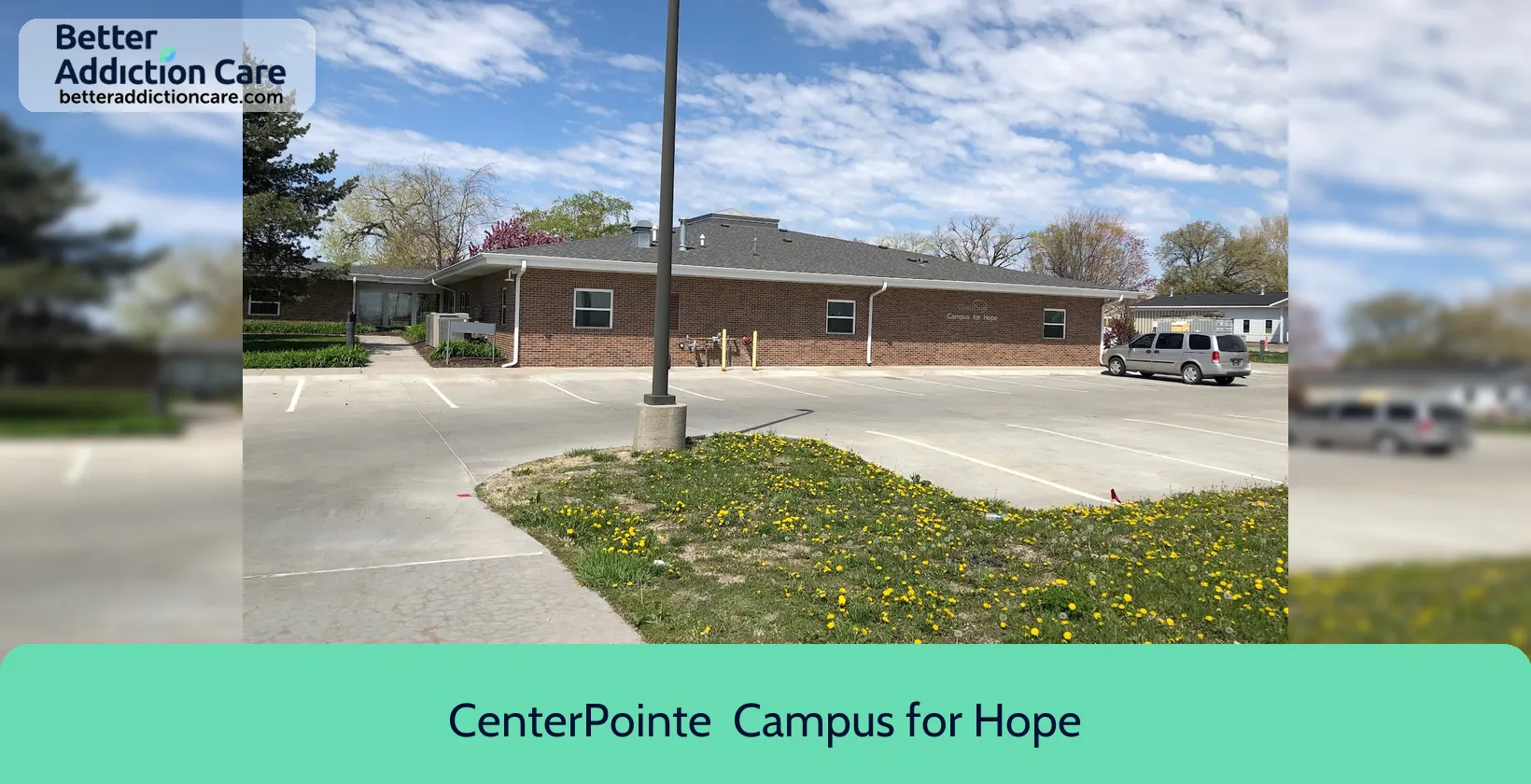Lutheran Family Services of Nebraska 120 South 24th Street

Overview
Lutheran Family Services of Nebraska 120 South 24th Street is a mental health treatment center for people seeking treatment near Douglas County. As part of their treatment modalities for recovery, Lutheran Family Services of Nebraska 120 South 24th Street provides family counseling, individual psychotherapy, and eye movement desensitization and reprocessing therapy during treatment. Lutheran Family Services of Nebraska 120 South 24th Street is located in Omaha, Nebraska, accepting cash or self-payment for treatment.
Lutheran Family Services of Nebraska 120 South 24th Street at a Glance
Payment Options
- Cash or self-payment
- Private health insurance
- Sliding fee scale (fee is based on income and other factors)
- Per session
- Medicaid
Assessments
- Comprehensive mental health assessment
- Comprehensive substance use assessment
- Screening for tobacco use
Age Groups
- Adults
- Children/adolescents
- Young adults
- Seniors
Ancillary Services
- Intensive case management
- Court-ordered outpatient treatment
- Education services
- Family psychoeducation
- Psychosocial rehabilitation services
Highlights About Lutheran Family Services of Nebraska 120 South 24th Street
7.04/10
With an overall rating of 7.04/10, this facility has following balanced range of services. Alcohol Rehabilitation: 8.70/10, Drug Rehab and Detox: 6.00/10, Insurance and Payments: 6.00/10, Treatment Options: 7.46/10.-
Alcohol Rehabilitation 8.70
-
Treatment Options 7.46
-
Drug Rehab and Detox 6.00
-
Insurance and Payments 6.00
Treatment At Lutheran Family Services of Nebraska 120 South 24th Street
Treatment Conditions
- Mental health treatment
- Alcoholism
- Opioid Addiction
- Substance use treatment
- Co-occurring Disorders
Care Levels
- Intensive outpatient treatment
- Detoxification
- Aftercare
- Outpatient
Treatment Modalities
- Family counseling
- Individual psychotherapy
- Eye Movement Desensitization and Reprocessing therapy
- Trauma-related counseling
- Group counseling
Ancillary Services
Languages
- Sign language services for the deaf and hard of hearing
Special Programs
- Pregnant/postpartum women
- Active duty military
- Clients who have experienced trauma
- Veterans
- Members of military families
Get Help Now
Common Questions About Lutheran Family Services of Nebraska 120 South 24th Street
Contact Information
Other Facilities in Omaha

6.65

6.77

6.62

6.50

6.80

6.56

6.62

7.41
DISCLAIMER: The facility name, logo and brand are the property and registered trademarks of CenterPointe - Campus for Hope, and are being used for identification and informational purposes only. Use of these names, logos and brands shall not imply endorsement. BetterAddictionCare.com is not affiliated with or sponsored by CenterPointe - Campus for Hope.
